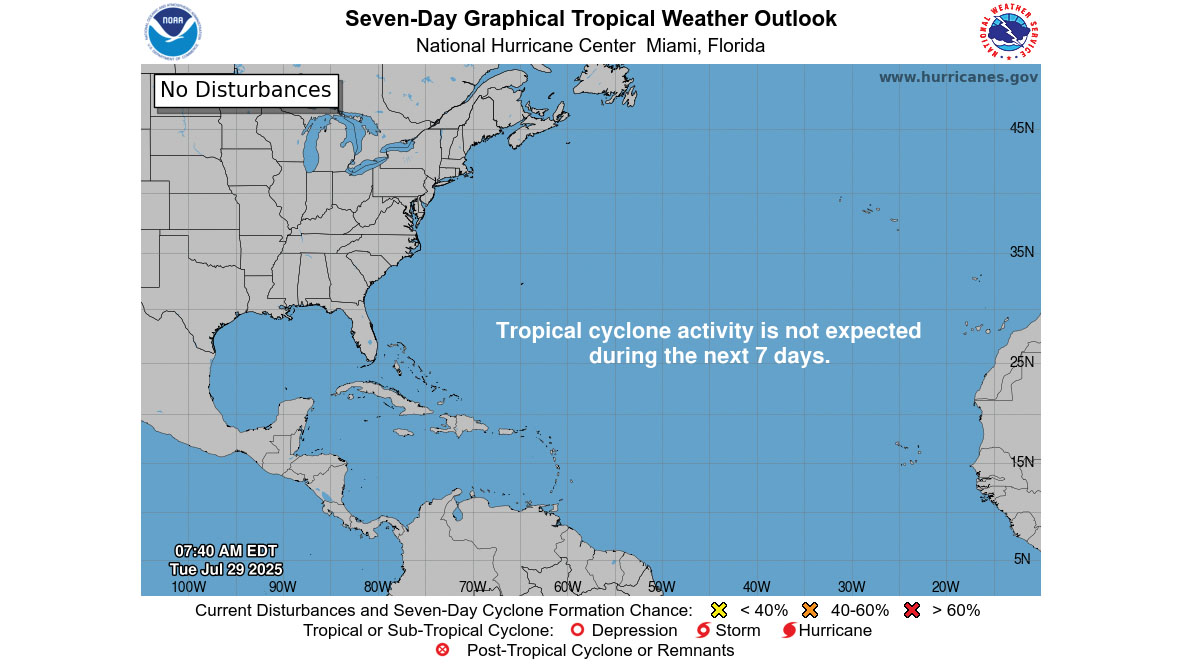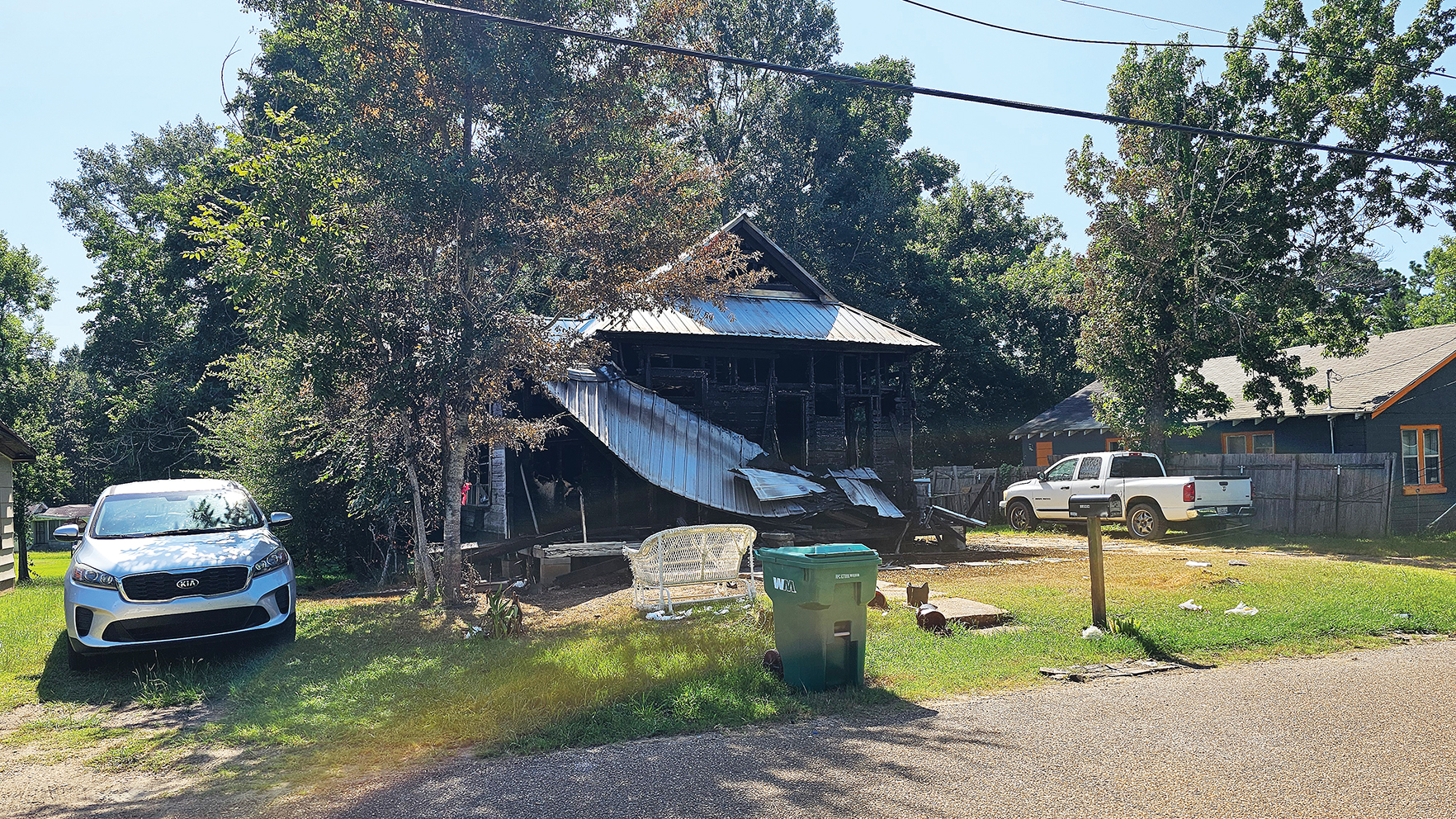Blossom end rot of summer tomatoes
Published 2:36 pm Sunday, July 3, 2016
Blossom end rot is a troublesome disease familiar to most gardeners who have grown tomatoes.
Symptoms may occur at any stage in development of the fruit, but most commonly, are first seen when the fruit is one-third to one-half full size.
As the name implies, symptoms appear only at the blossom end of the fruit. Initially, a small water soaked spot appears, then enlarges and darkens rapidly as the fruit develops.
Trending
This disease does not spread from plant to plant or from fruit to fruit. Since it is physiological in nature, fungicides and insecticides are useless as control measures.
The occurrence of the disease is dependent on a number of environmental factors, especially those that affect the supply of water and calcium in the developing fruit.
Blossom end rot is especially prevalent when rapidly growing, succulent plants are exposed suddenly to a period of drought. When the roots fail to obtain sufficient water and calcium to be transported up to the rapidly developing fruit, they become rotted on their basal ends.
Control of blossom end rot is dependent upon maintaining adequate supplies of moisture and calcium to the developing fruit. Tomatoes should be planted in well drained, adequately aerated soils. Tomatoes planted early in cold soil are likely to develop blossom end rot on the first fruit.
Planting when the soil is warm will alleviate the problem. Irrigation must be sufficient to maintain a steady even growth rate of the plants. Mulching is often helpful in maintaining adequate supplies of soil water in times of moisture stress.
Fertilizer low in nitrogen, but high in superphospate, such as 4-12- 4 or 5-20- 5, will do much to alleviate the problem of blossom end rot. In emergency situations, foliage can be sprayed with calcium chloride solutions. Calcium chloride can be phytotoxic if applied too frequently or in excessive amounts.
Trending
Foliar treatment is not a substitute for proper treatment of the soil. Maintain an adequate supply of moisture, mulch to conserve water and plant when our soils have warmed.
Rebecca Bates is director of the Lincoln County Cooperative Extension Service. To contact her, call 601-835-3460.





